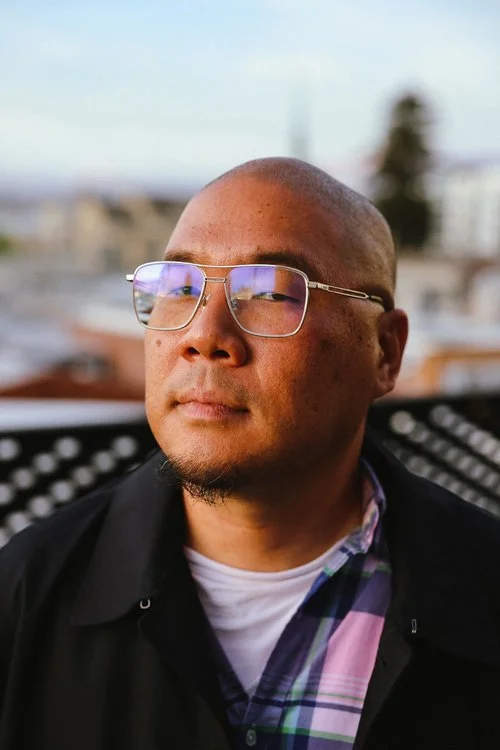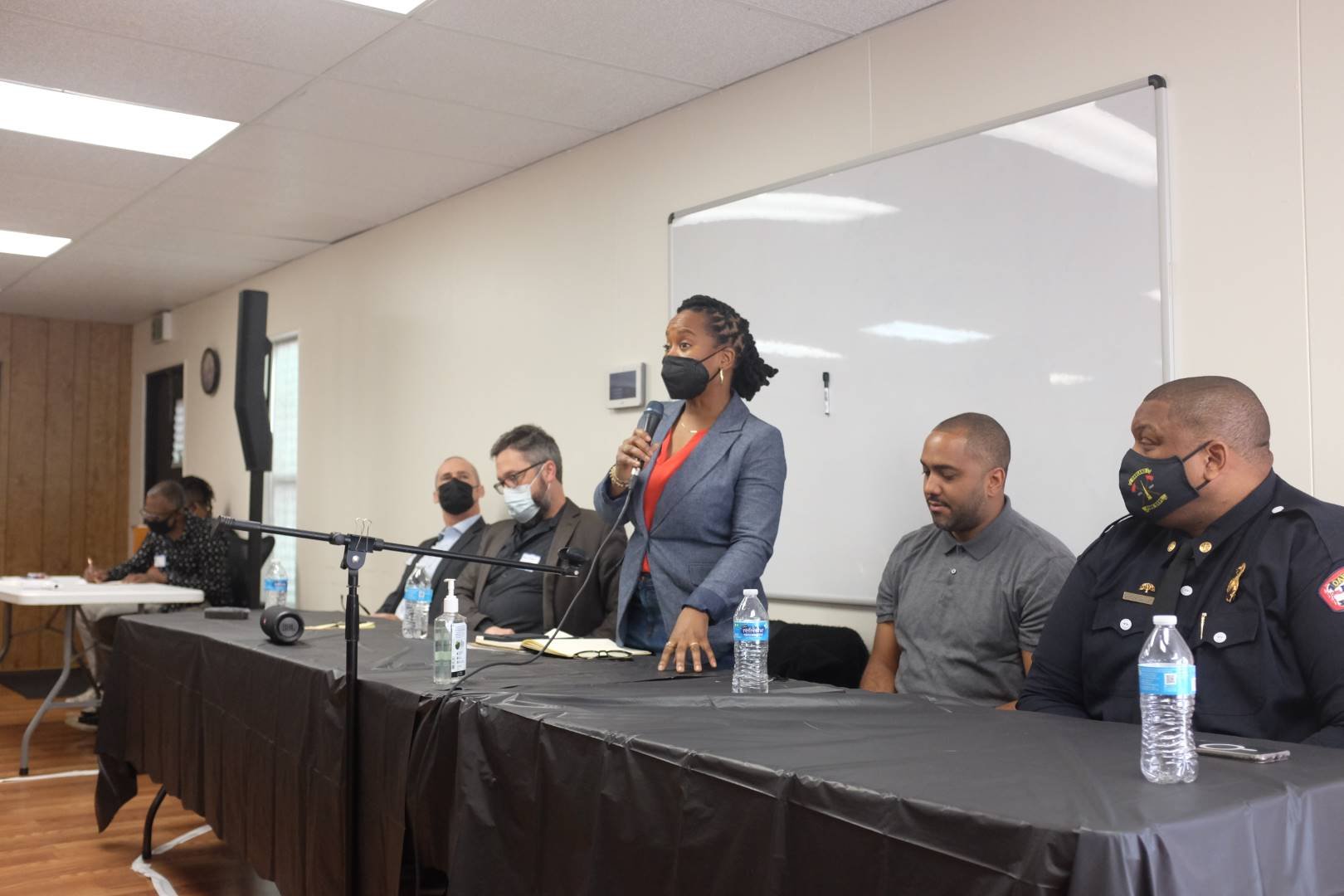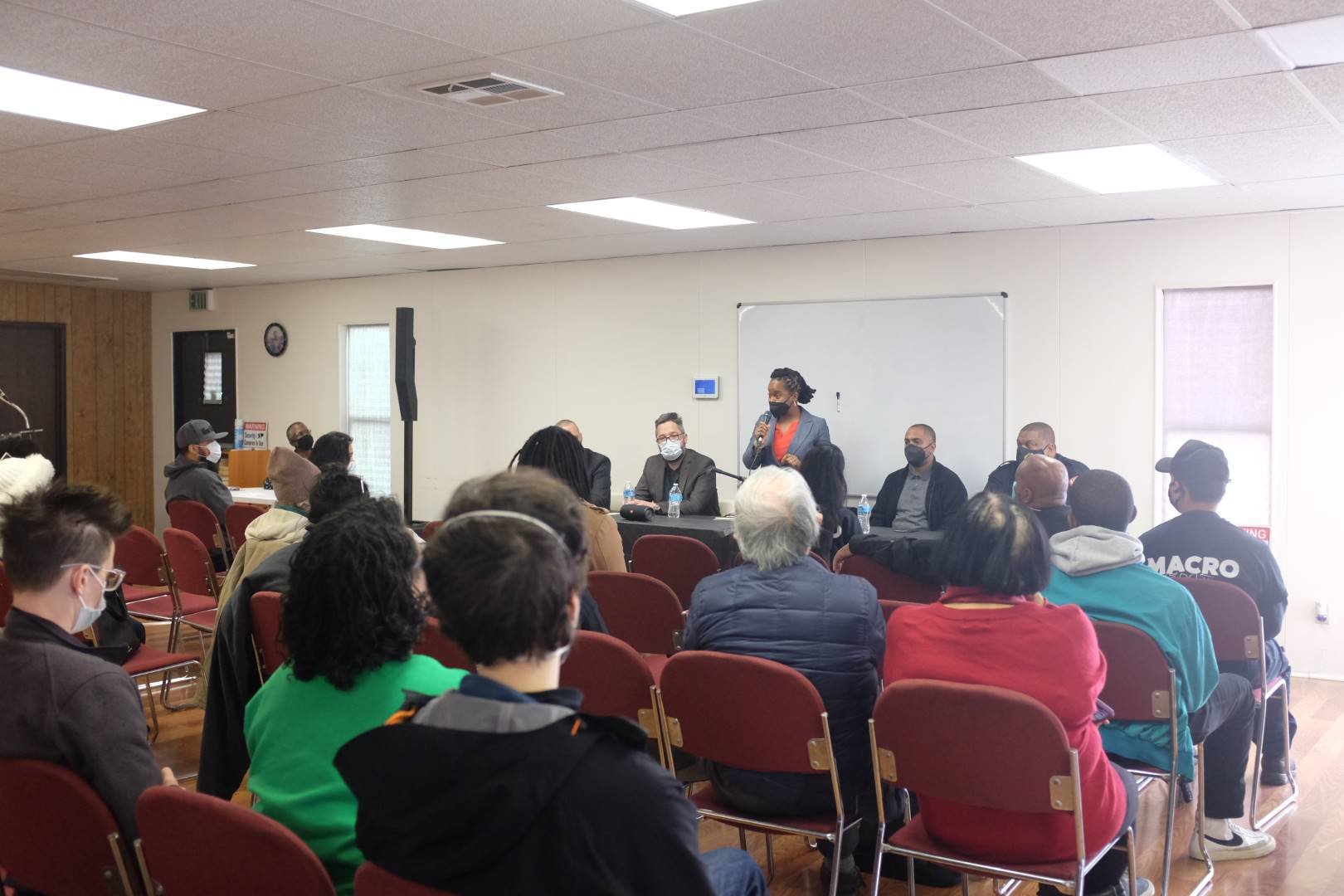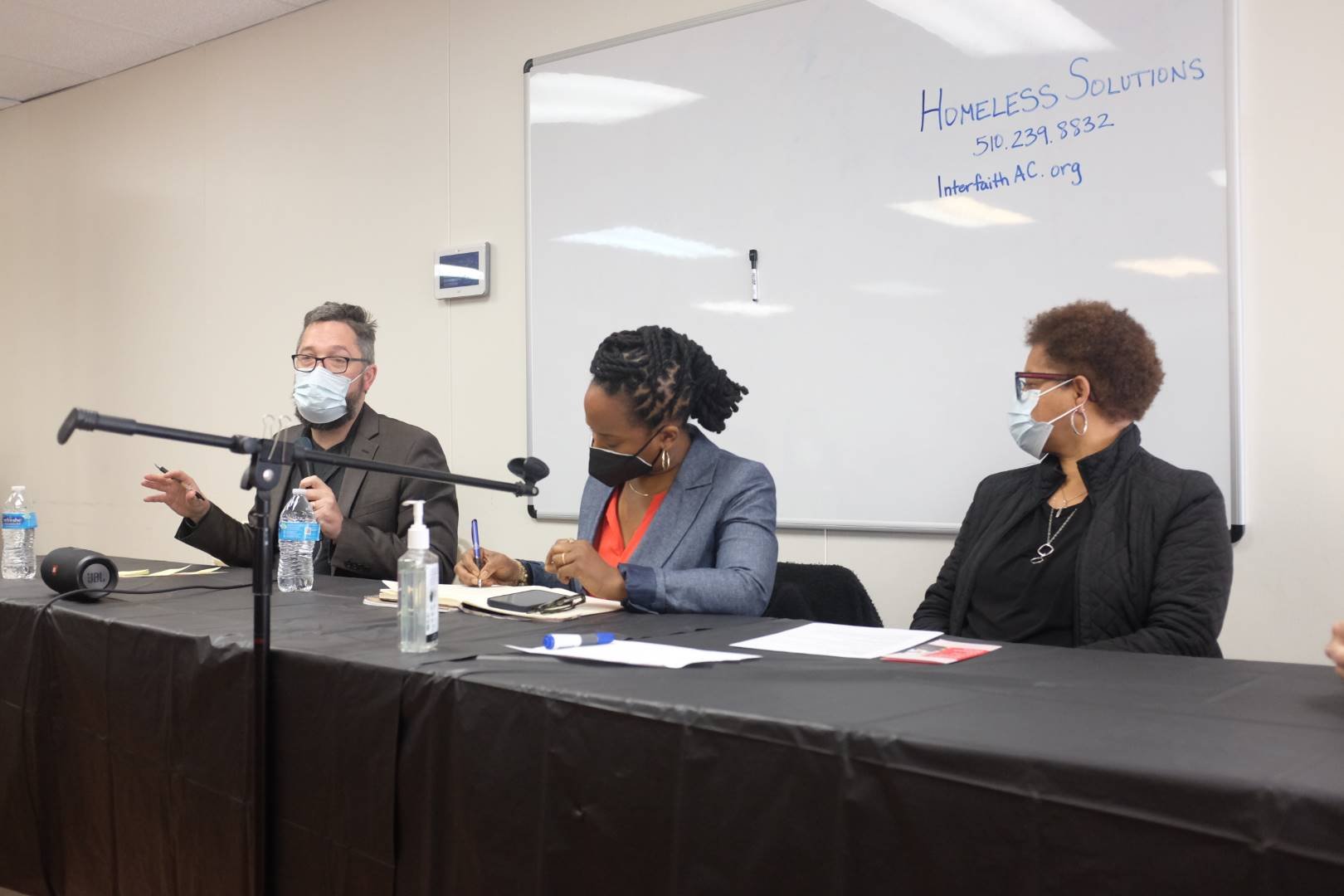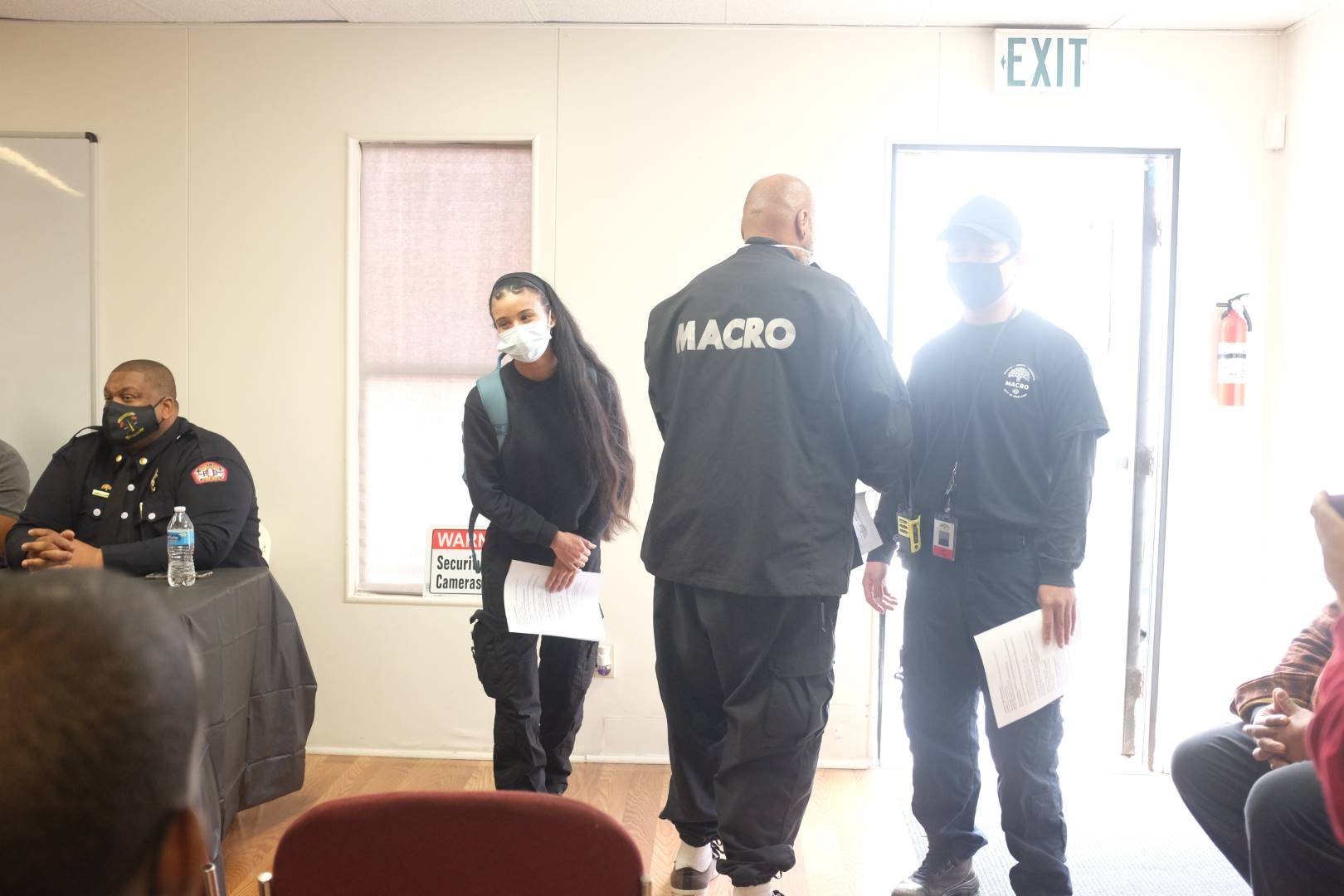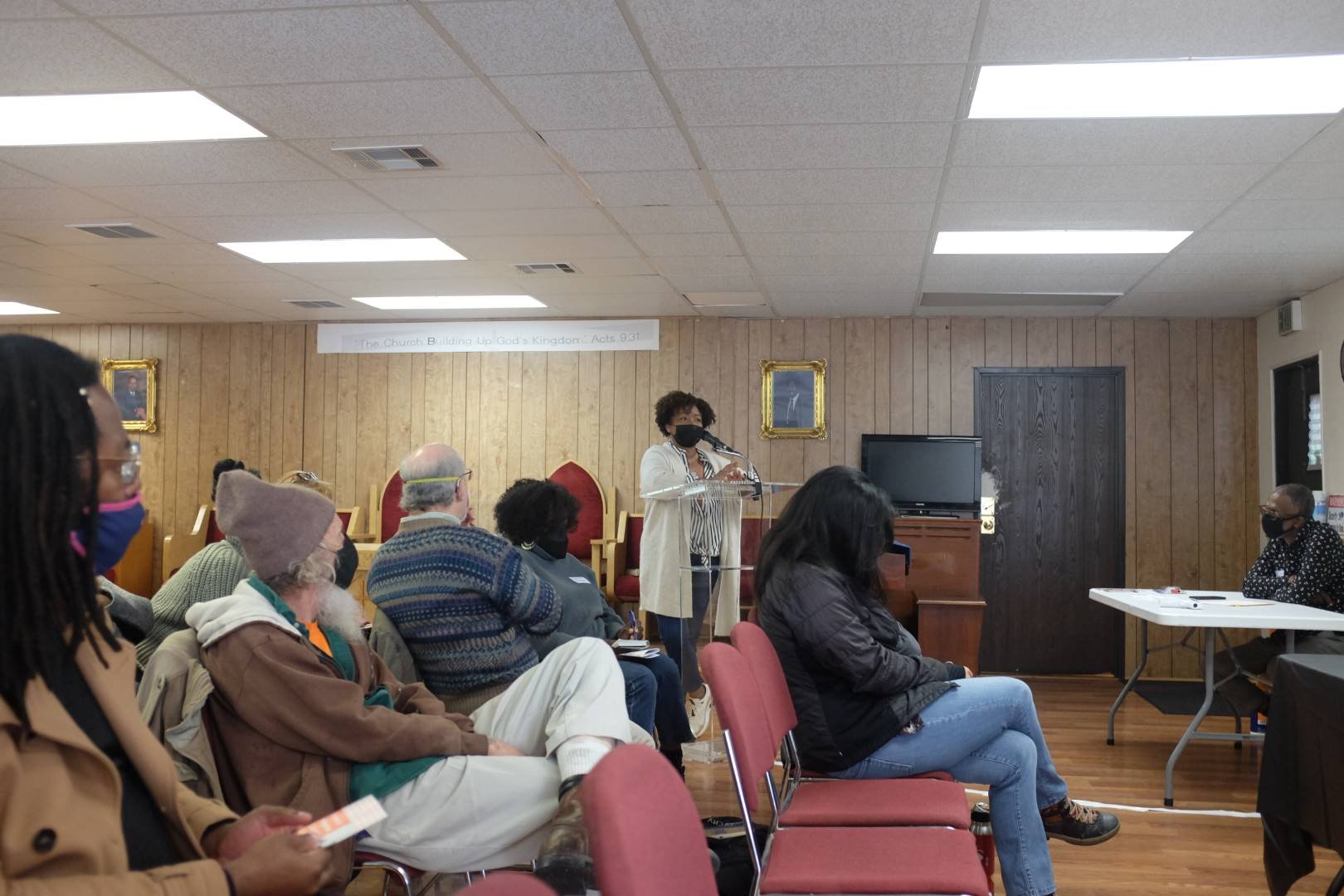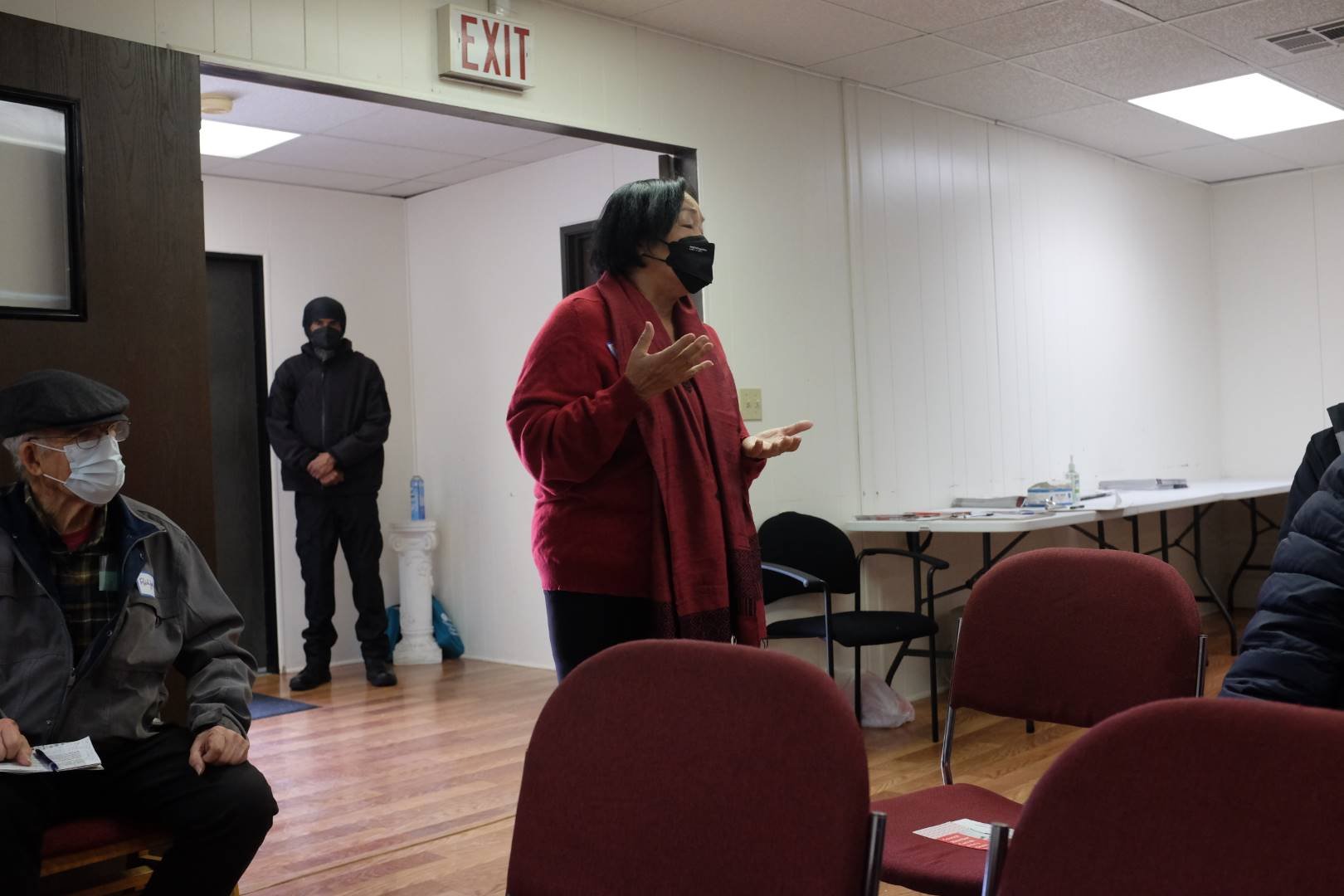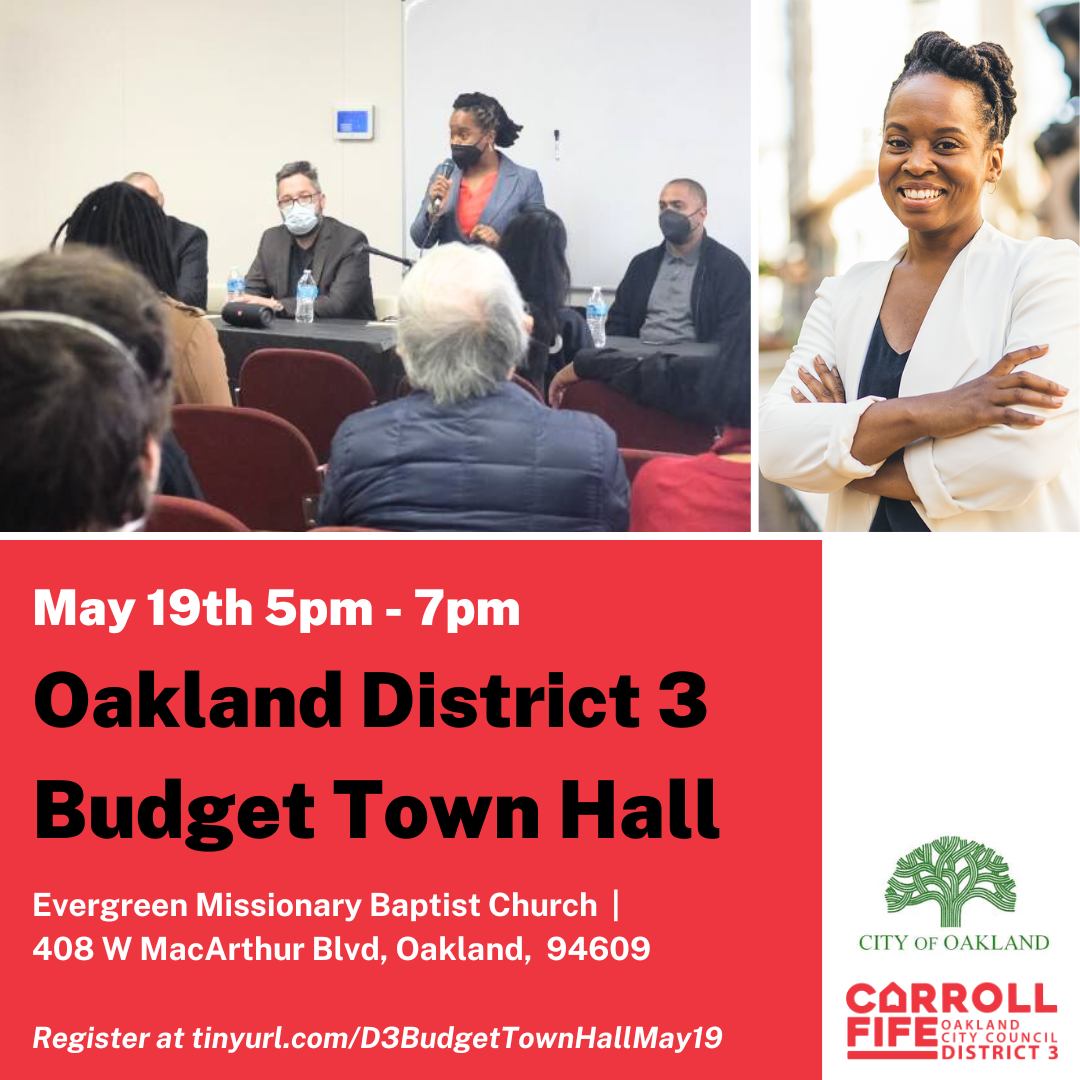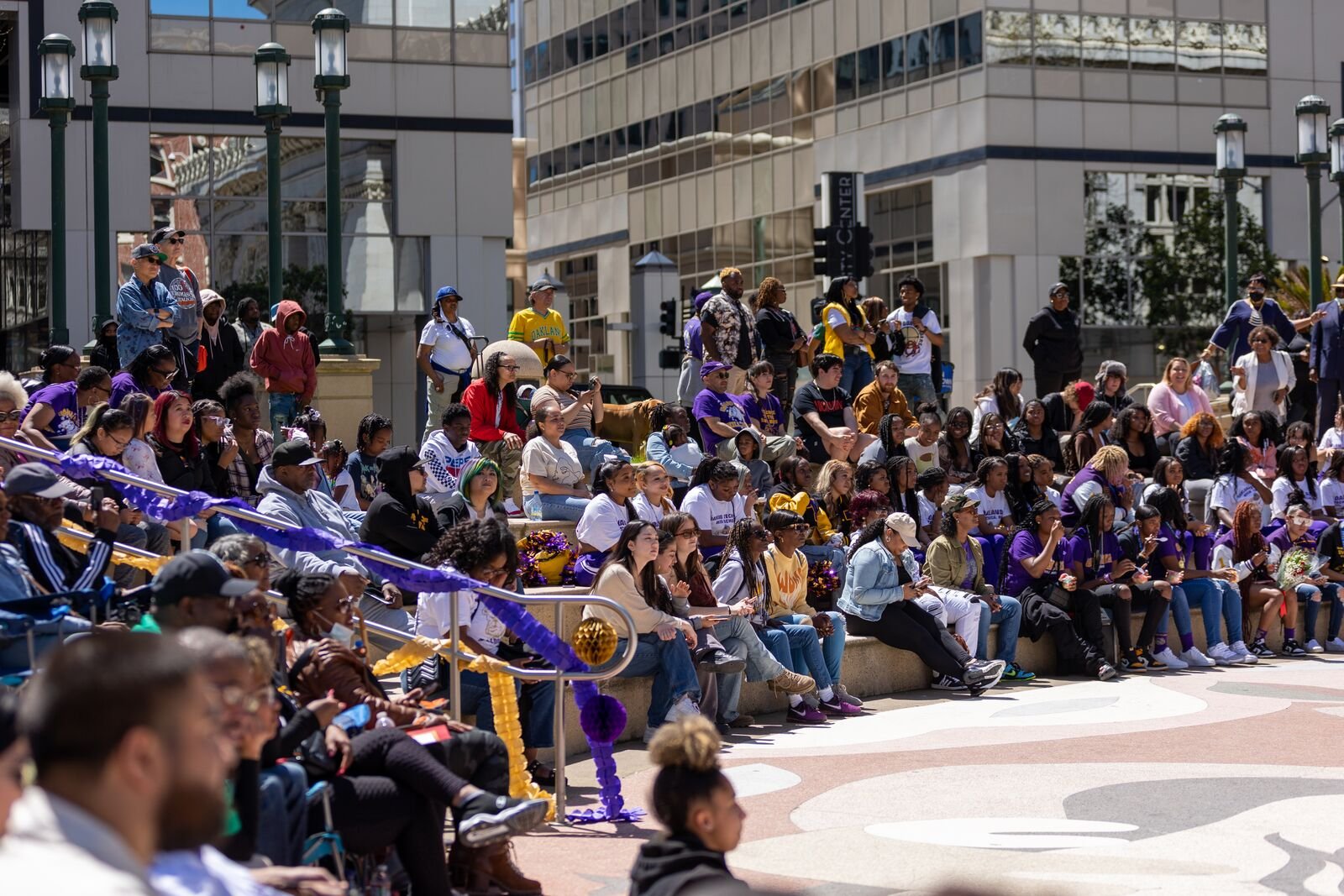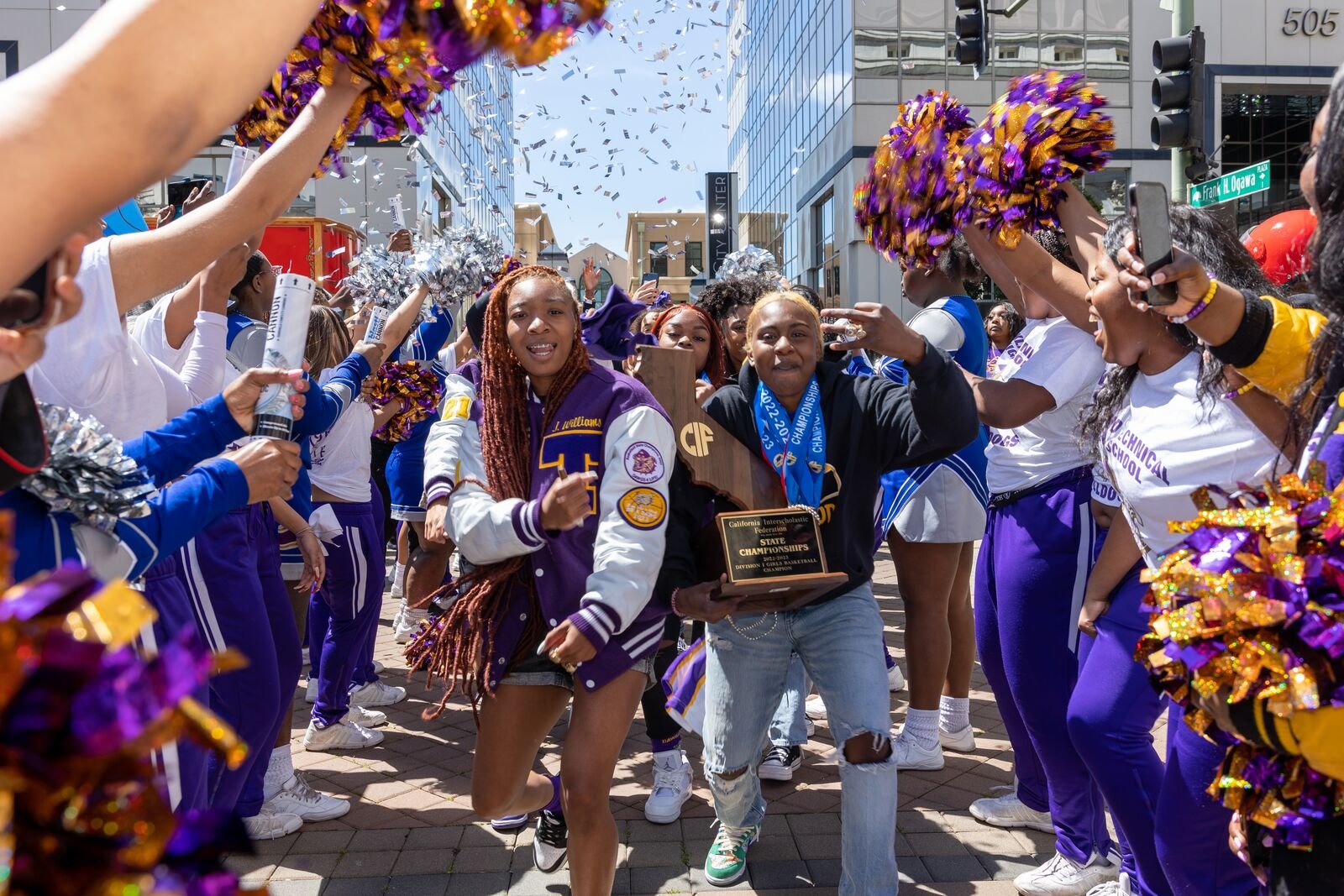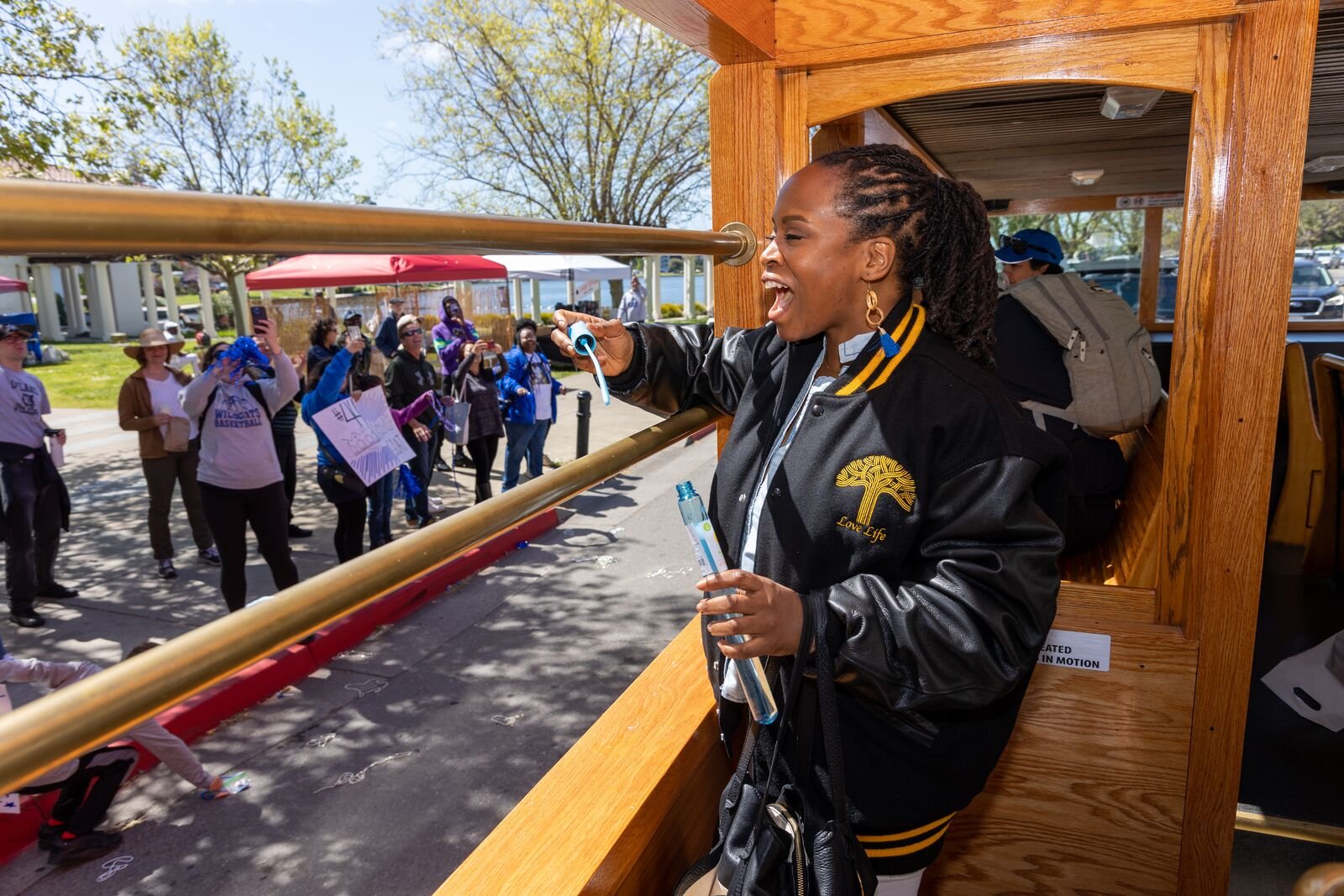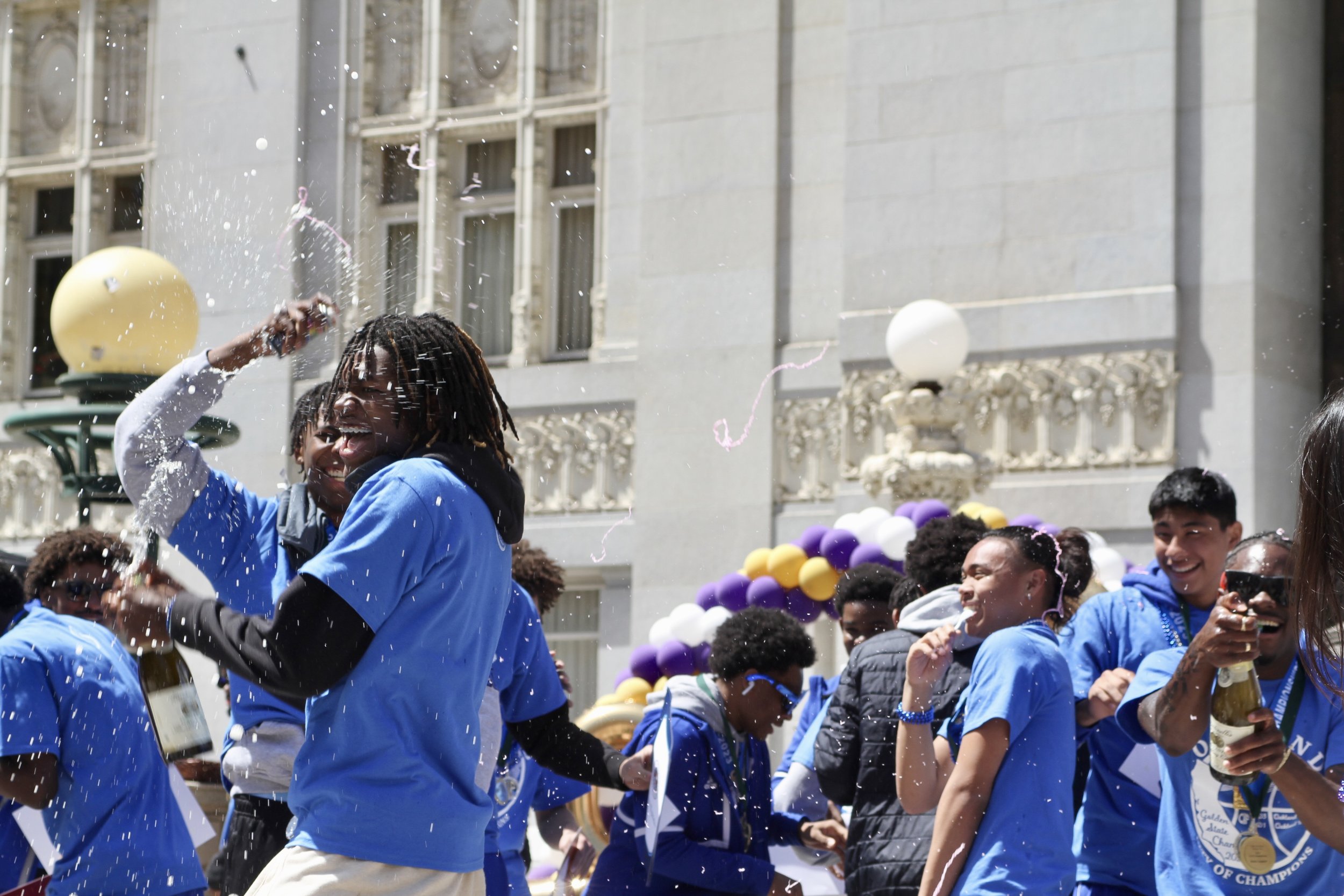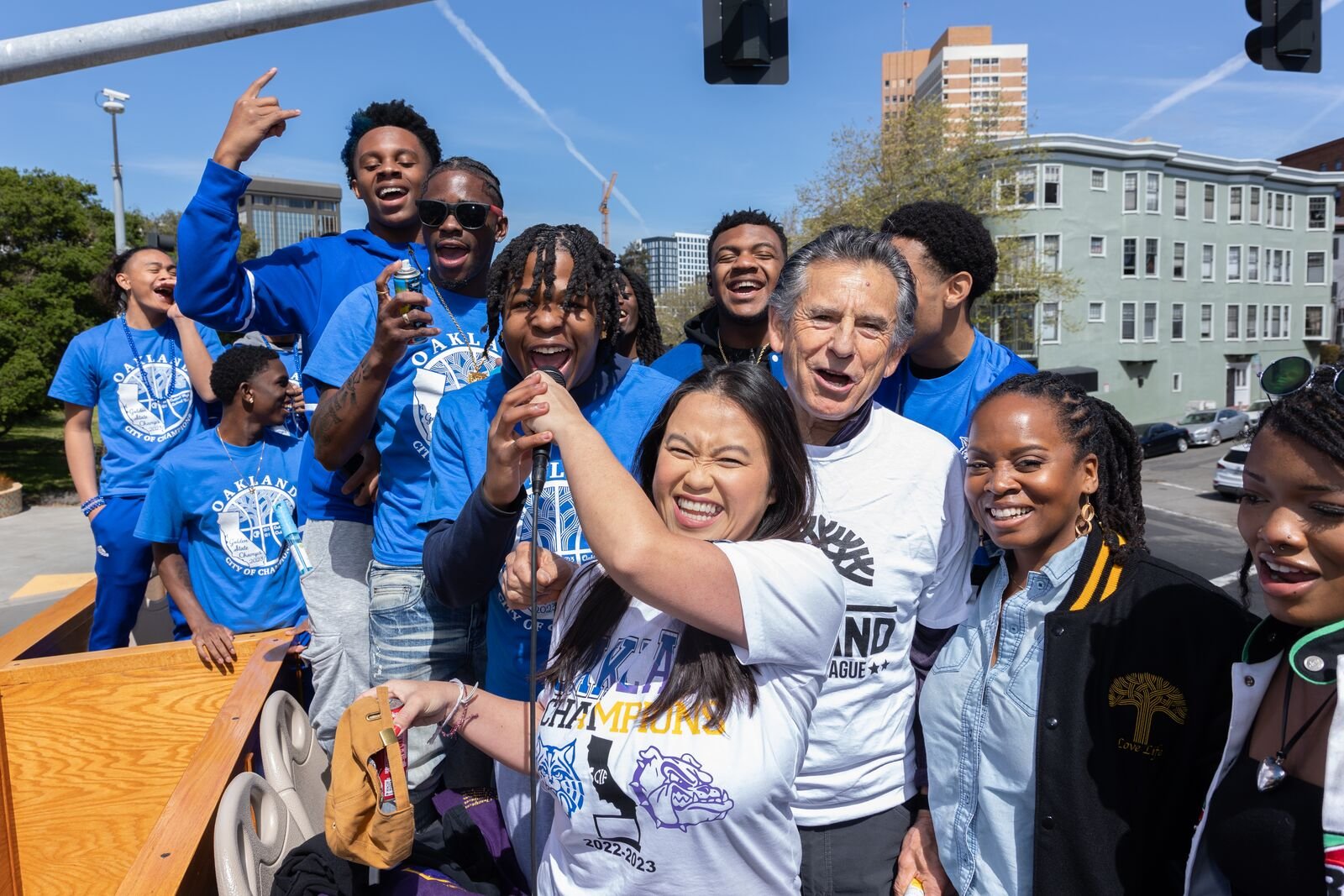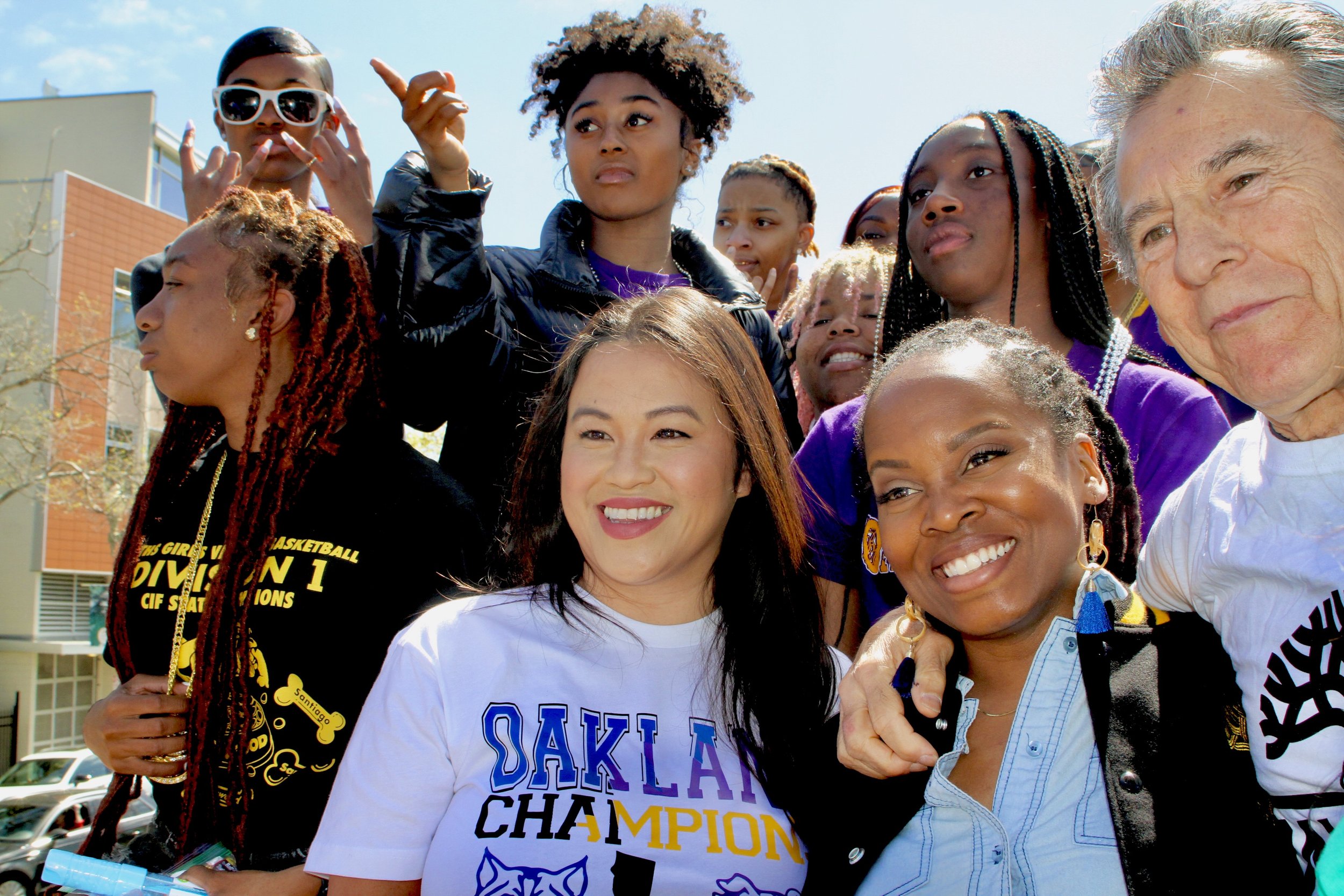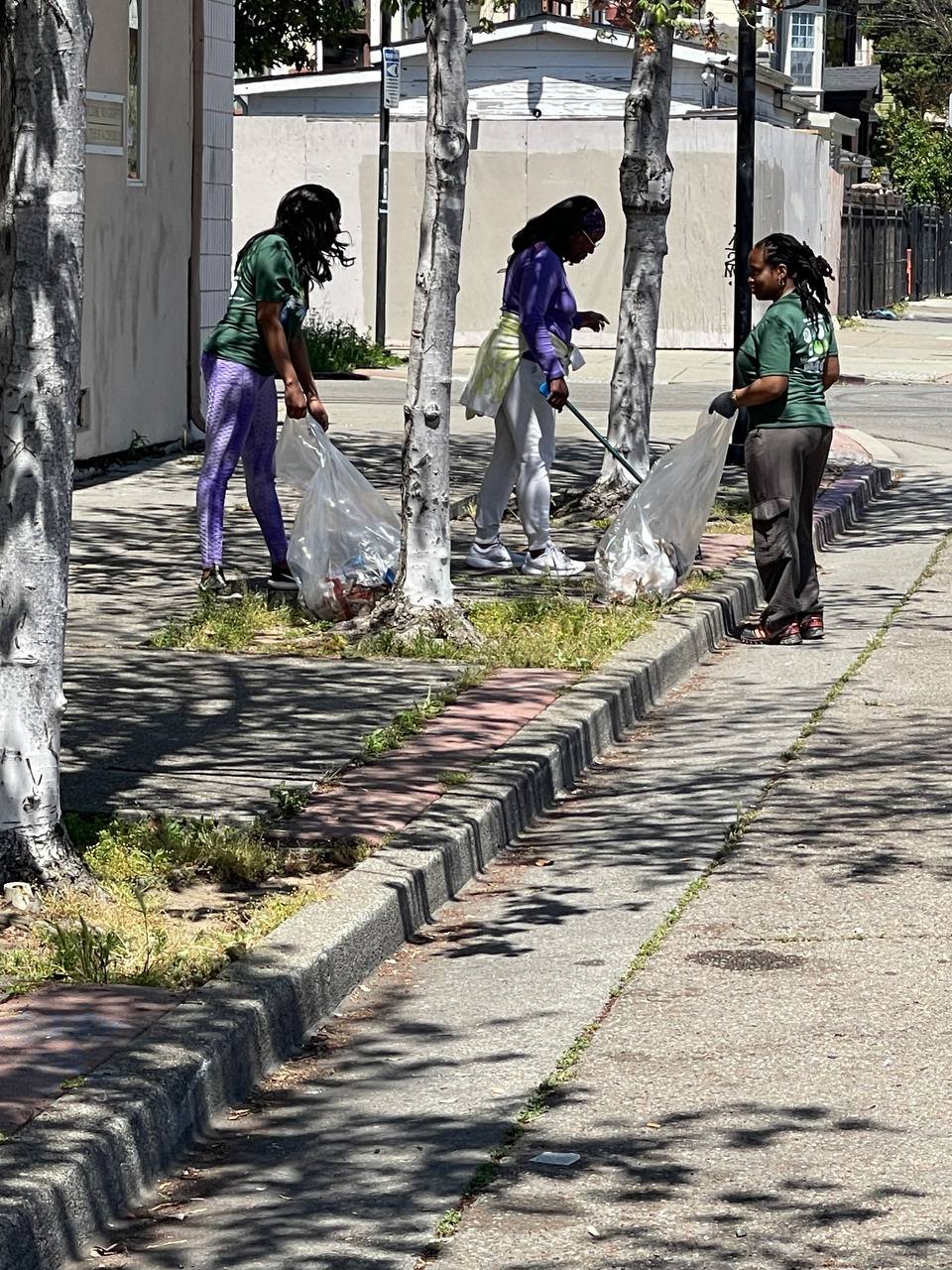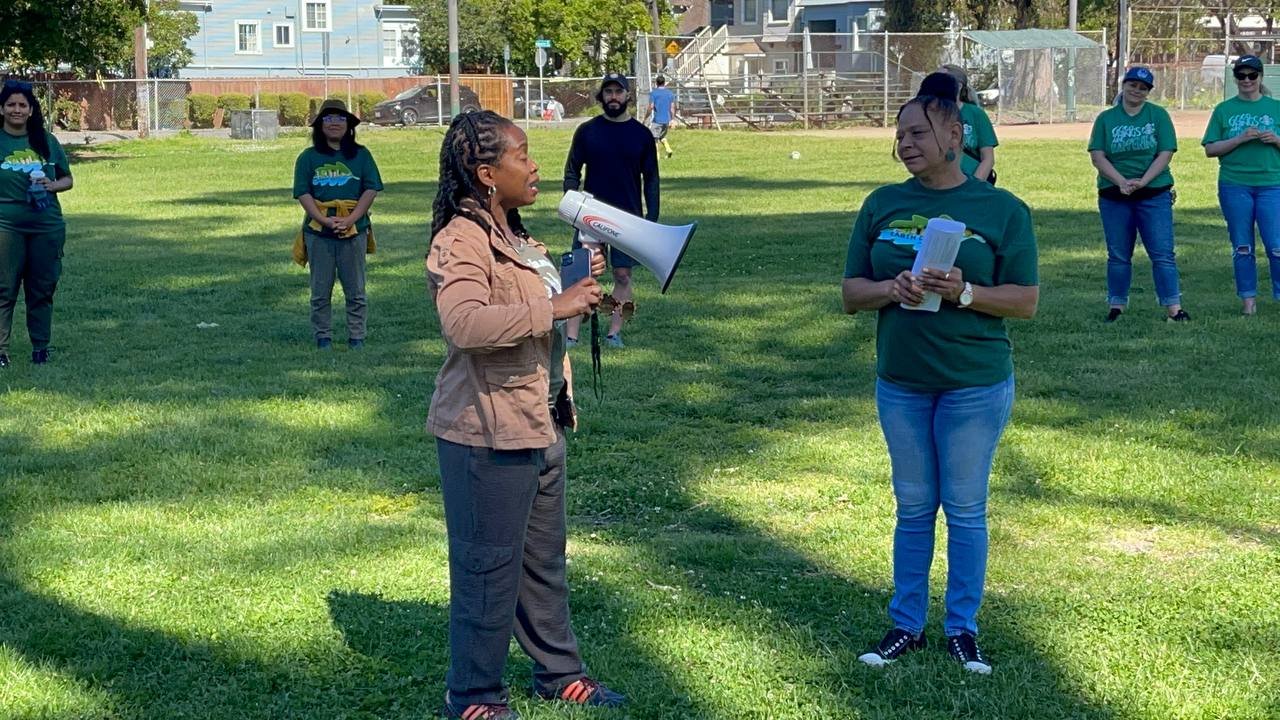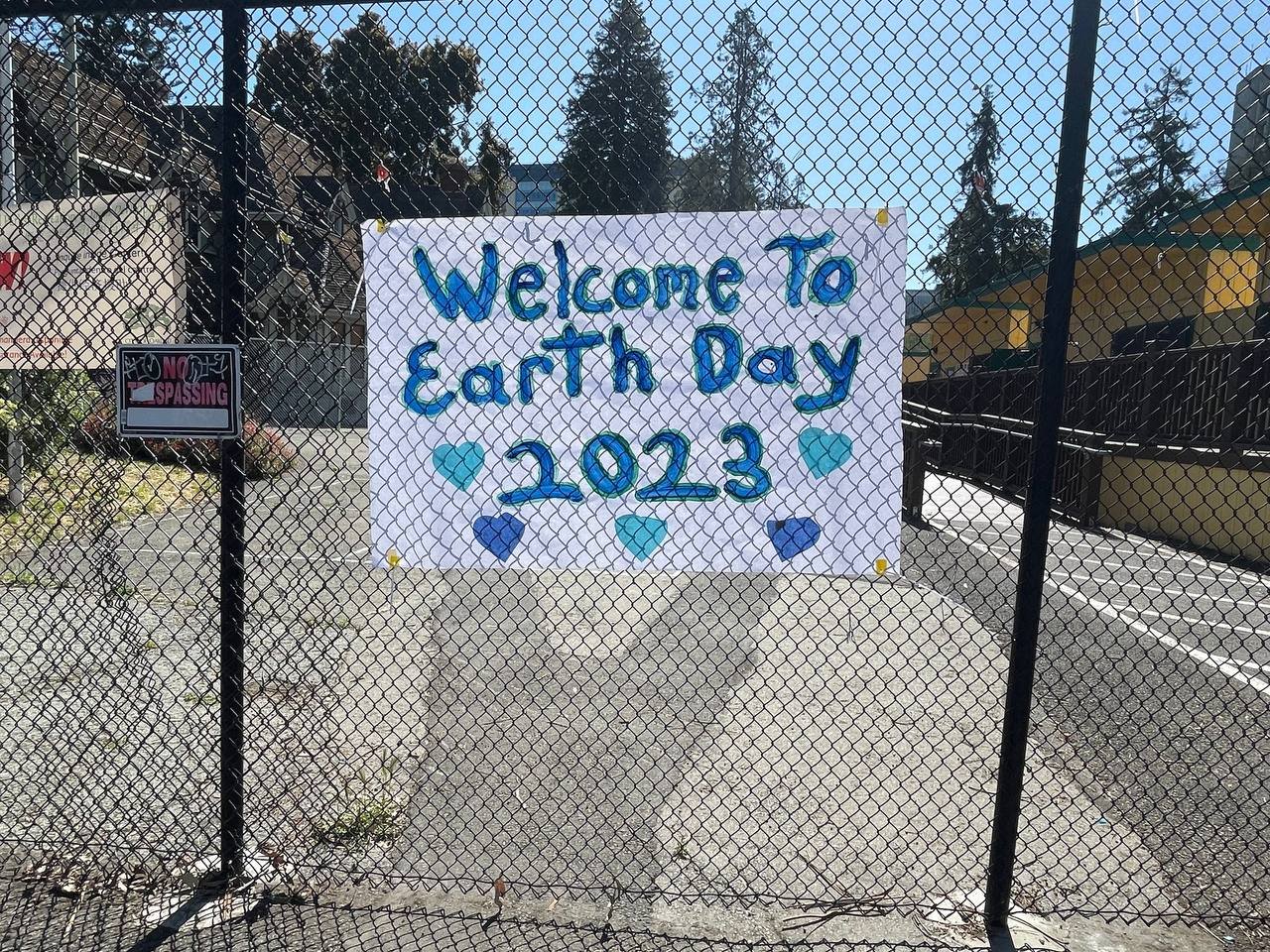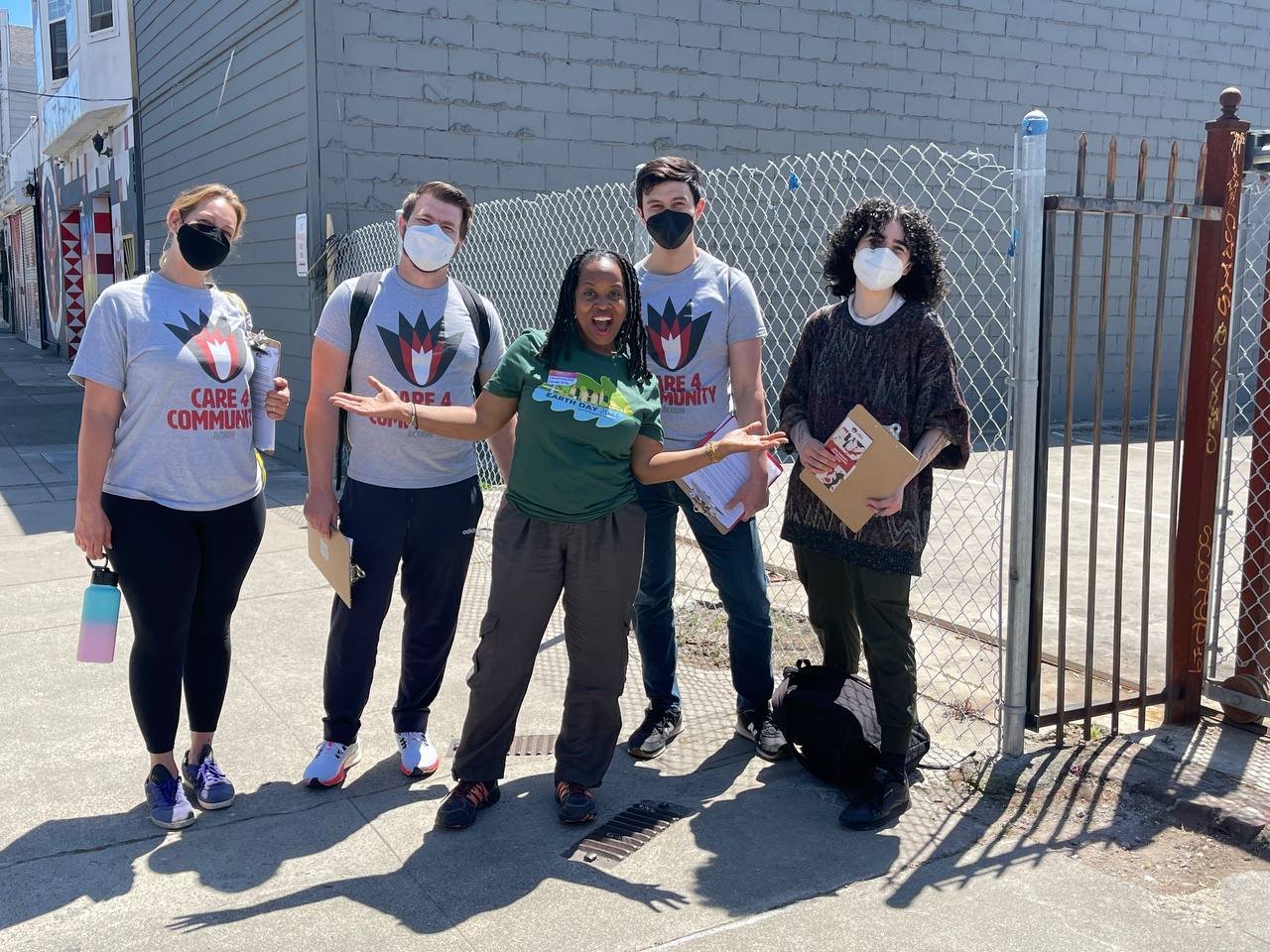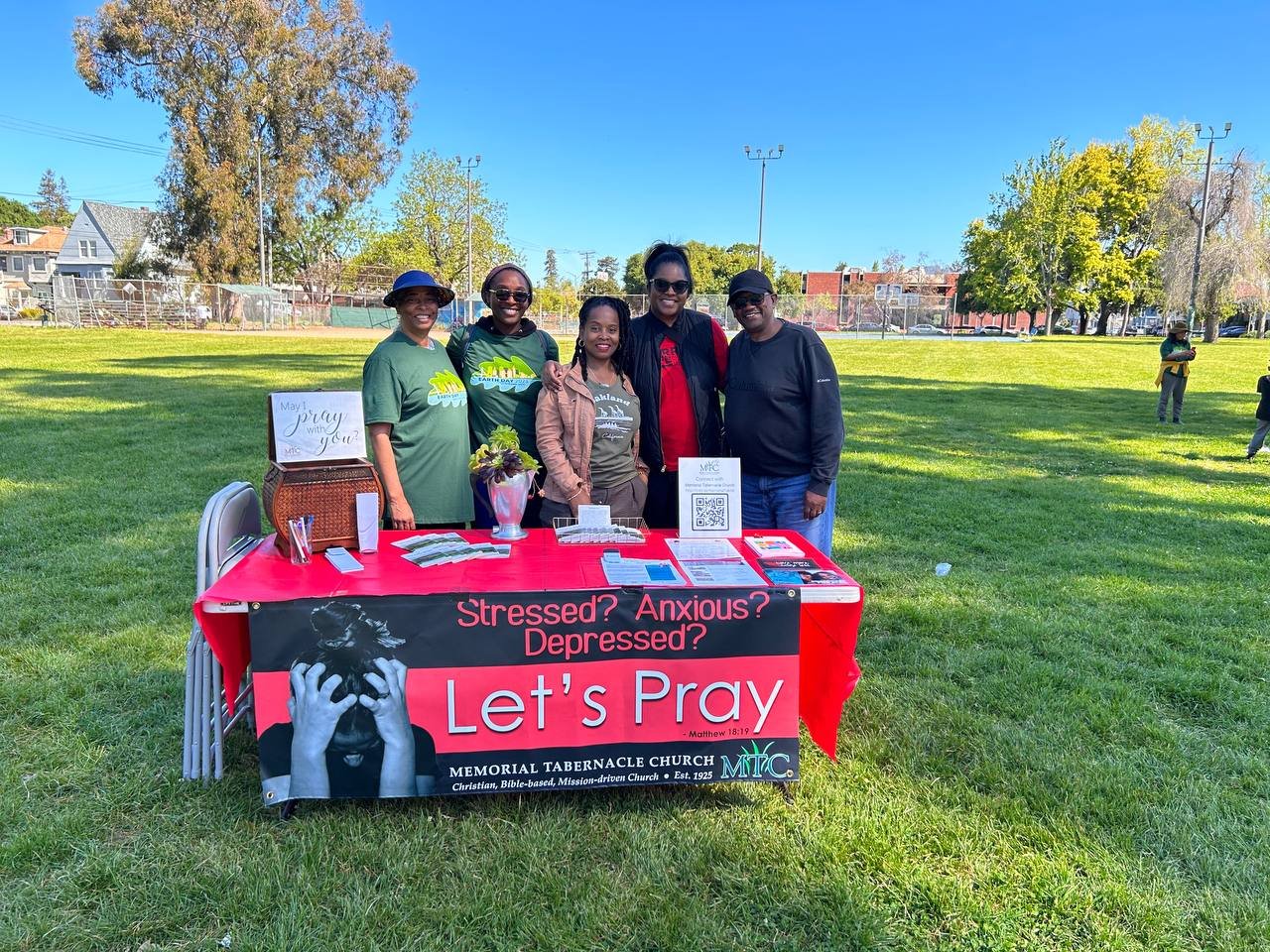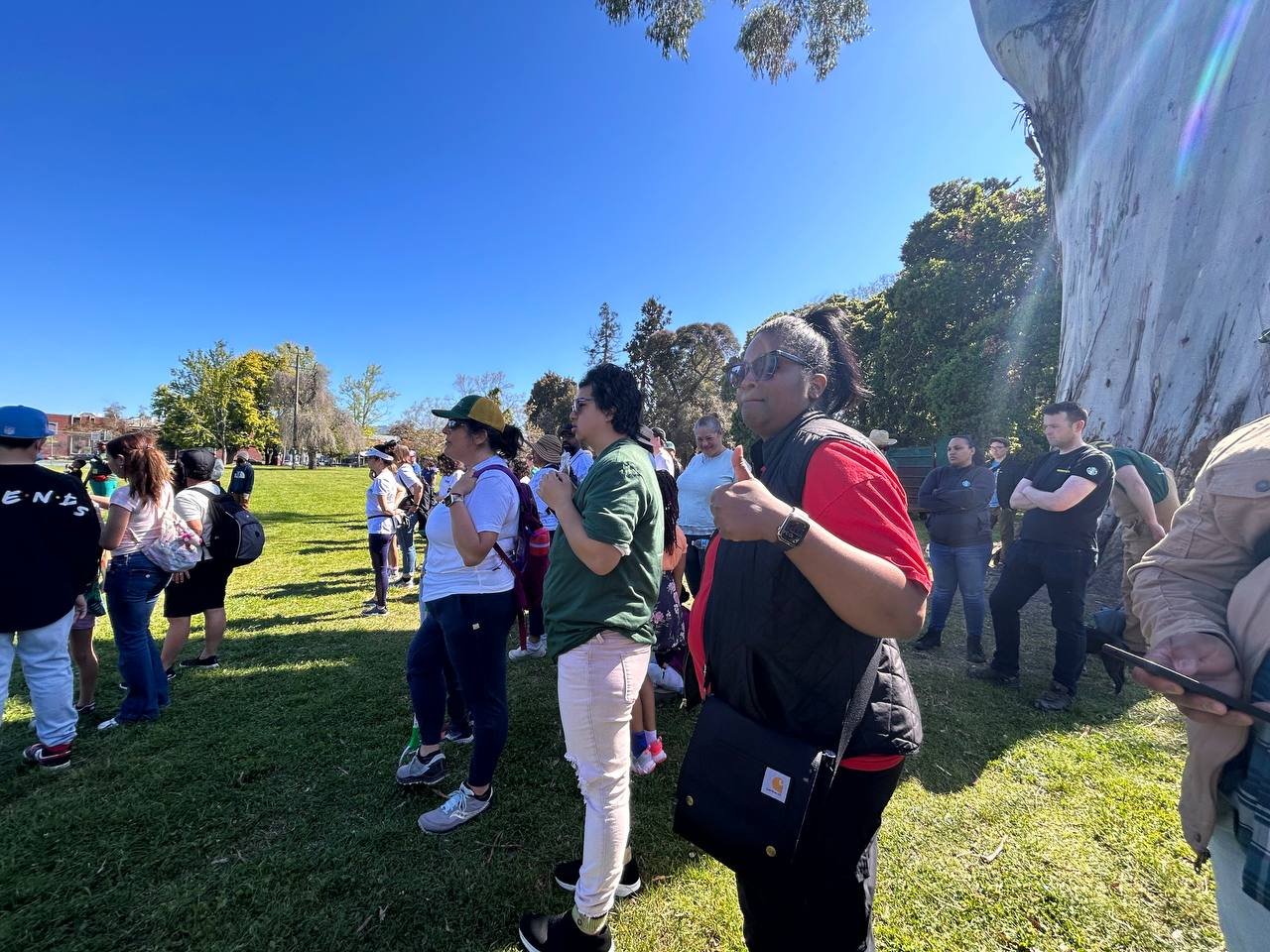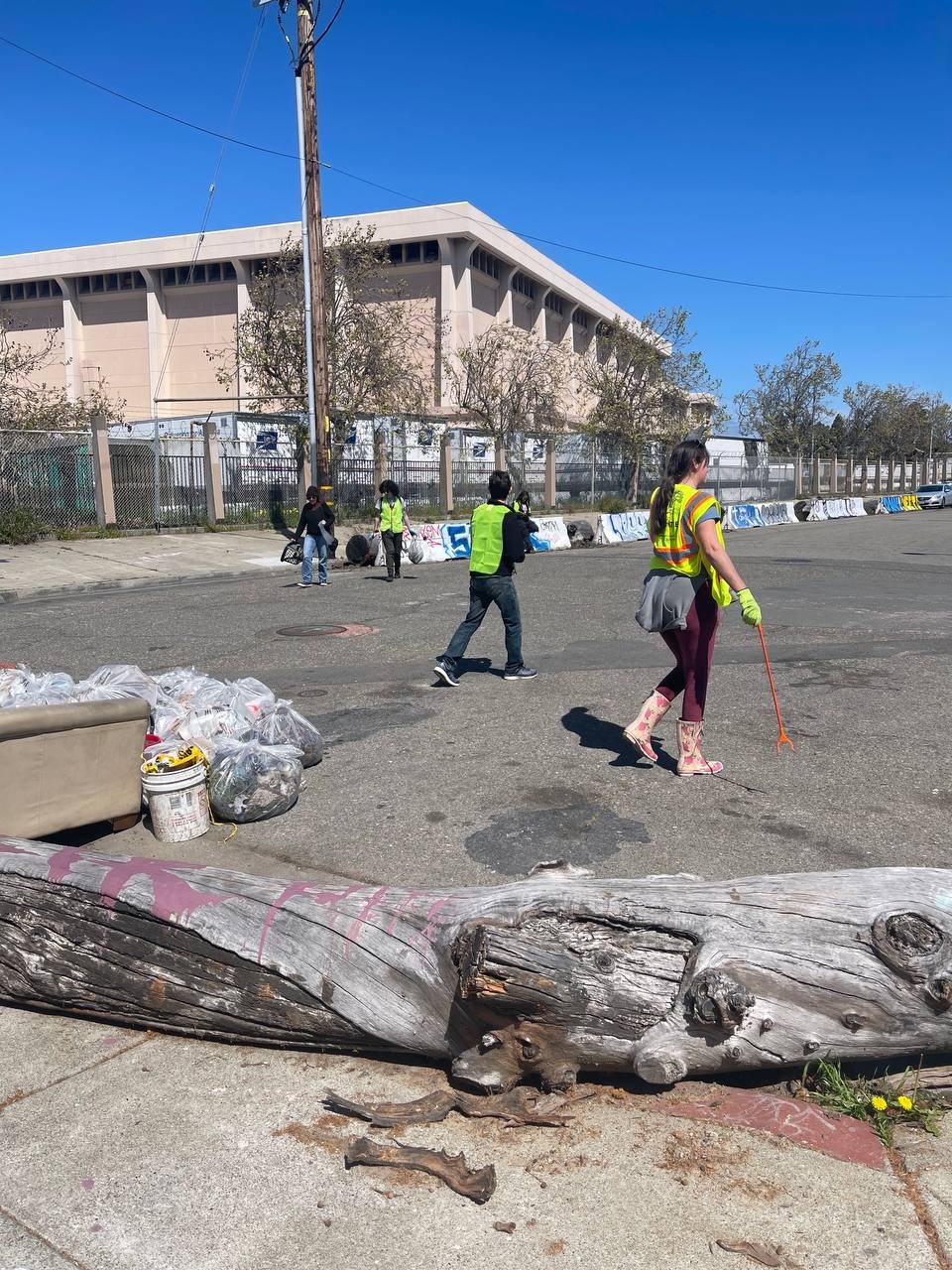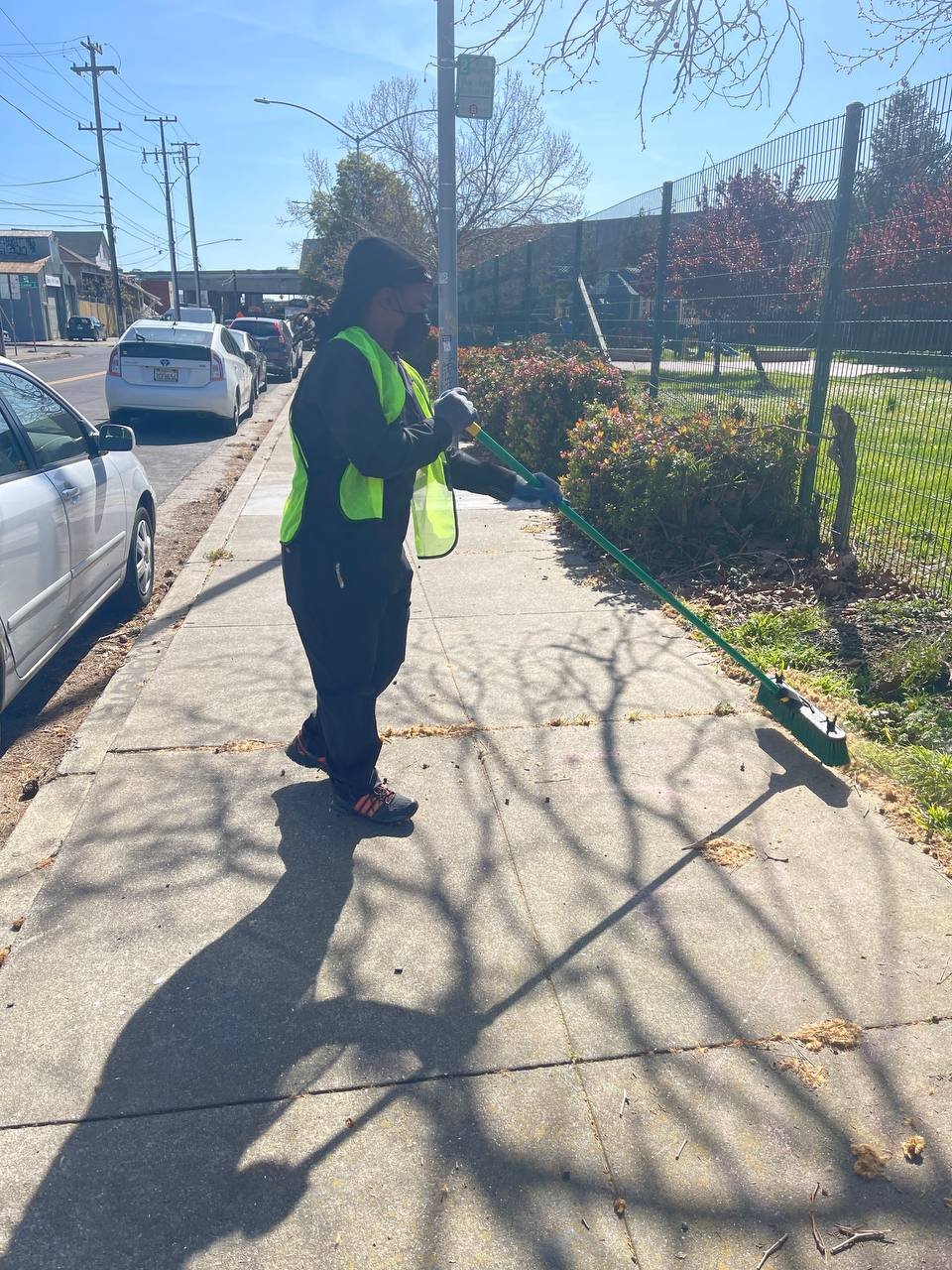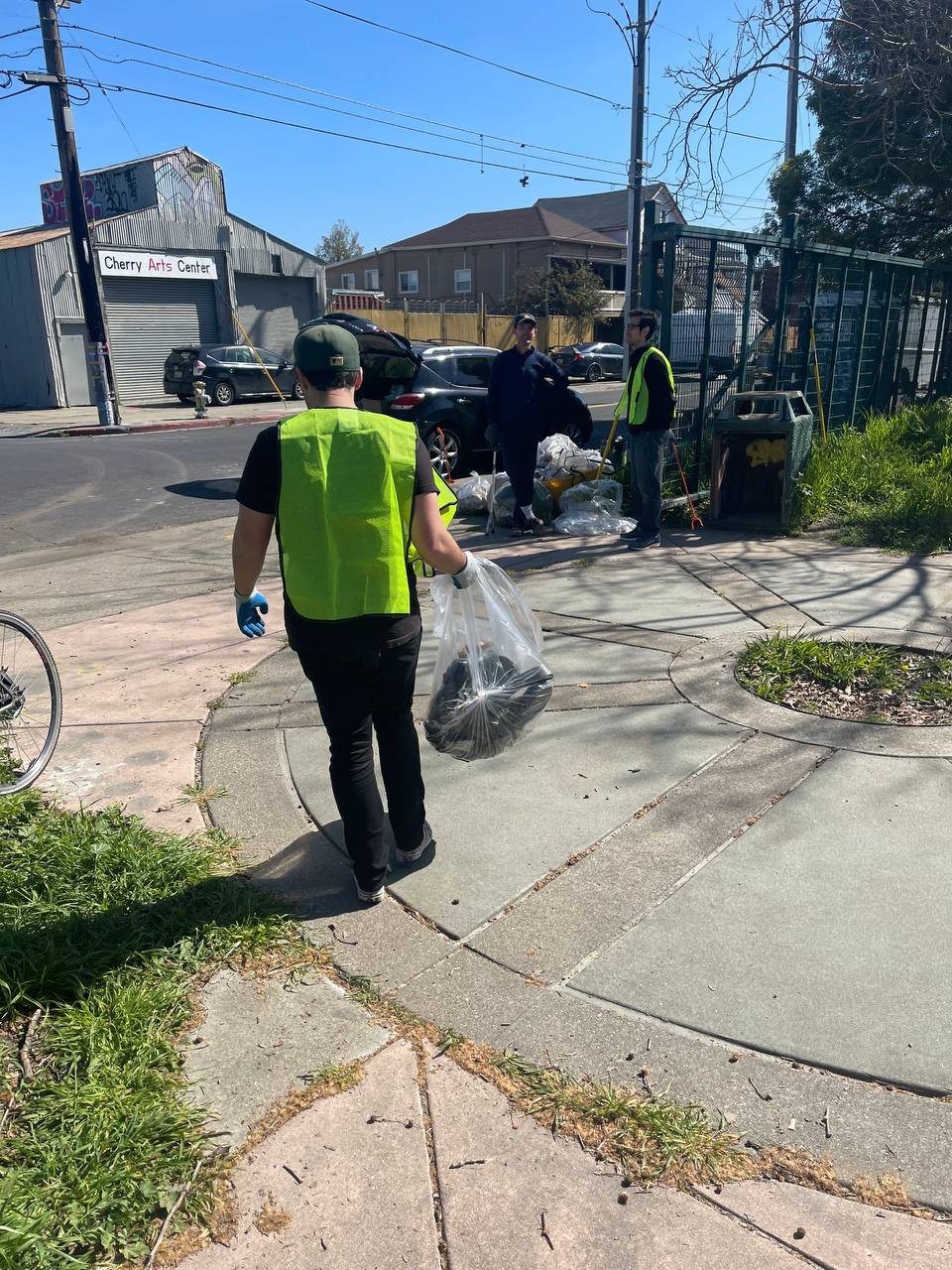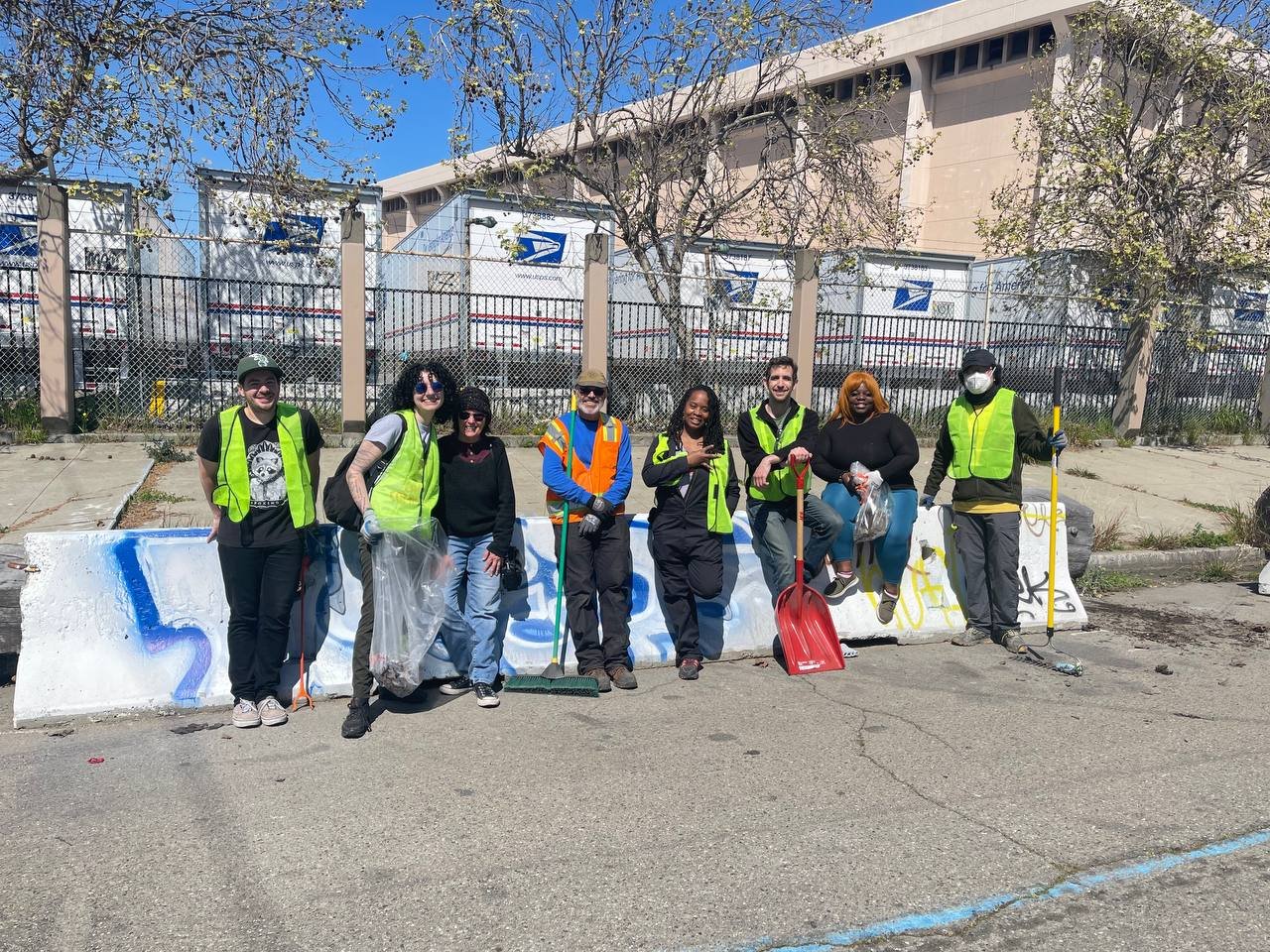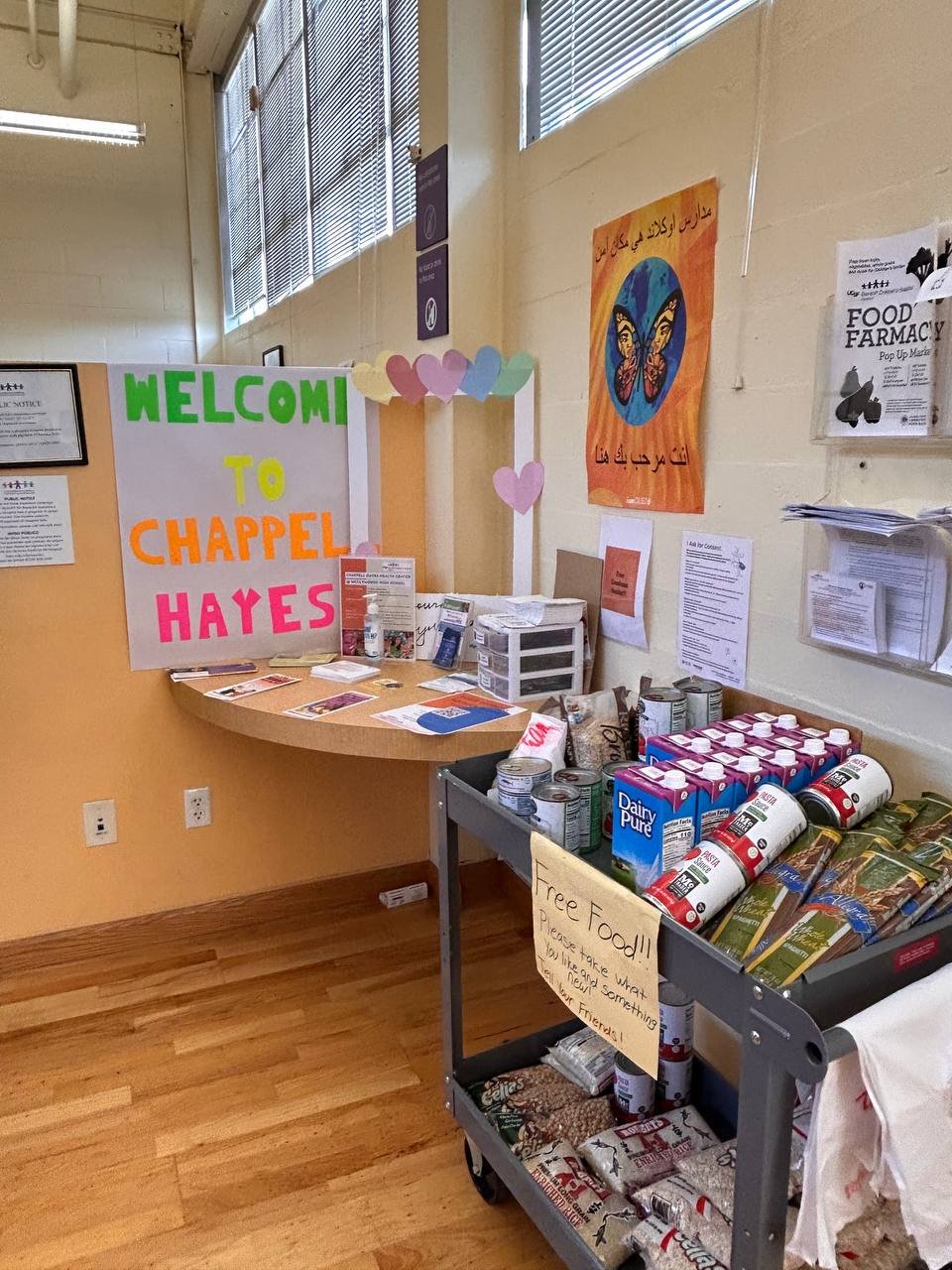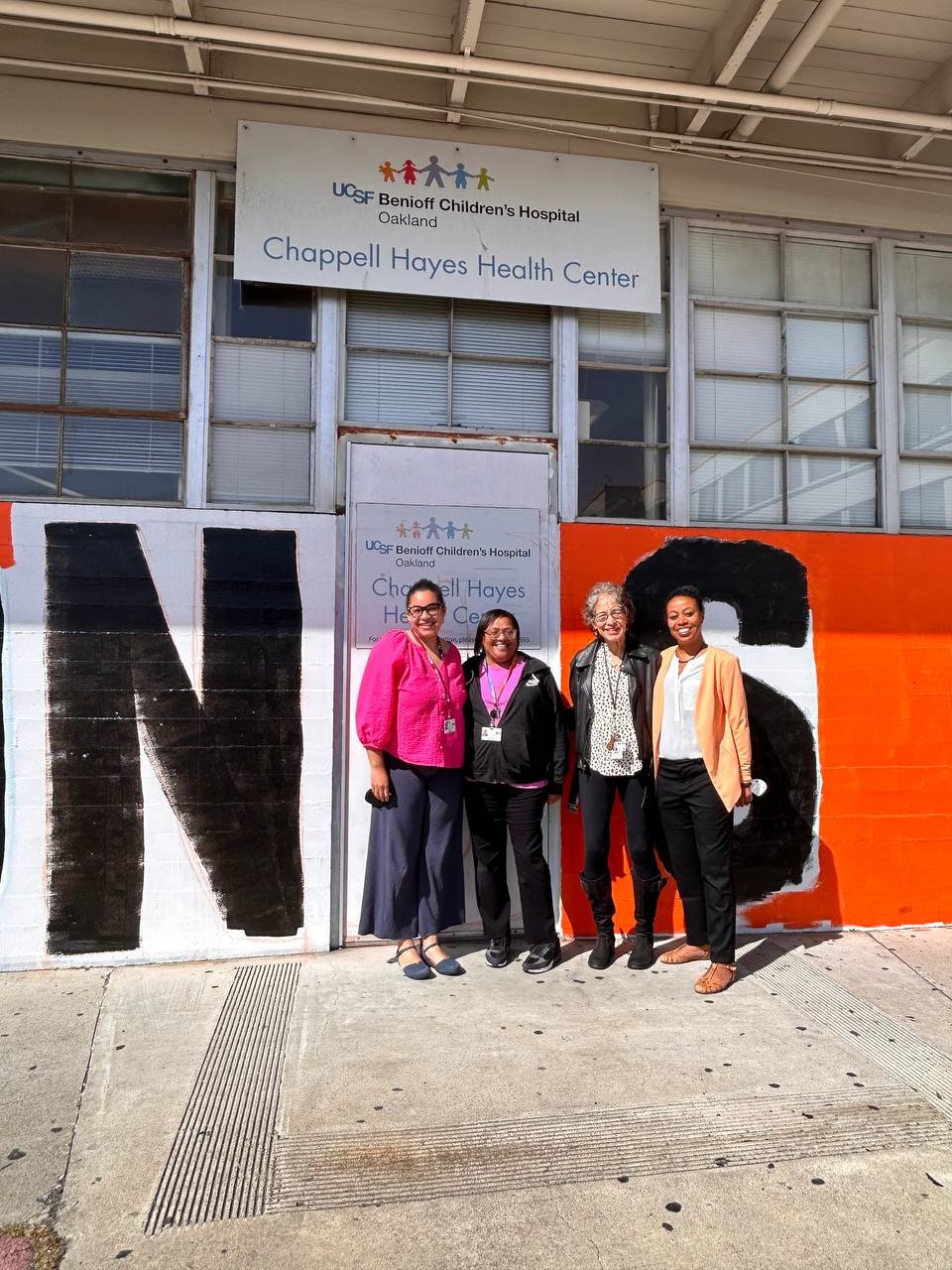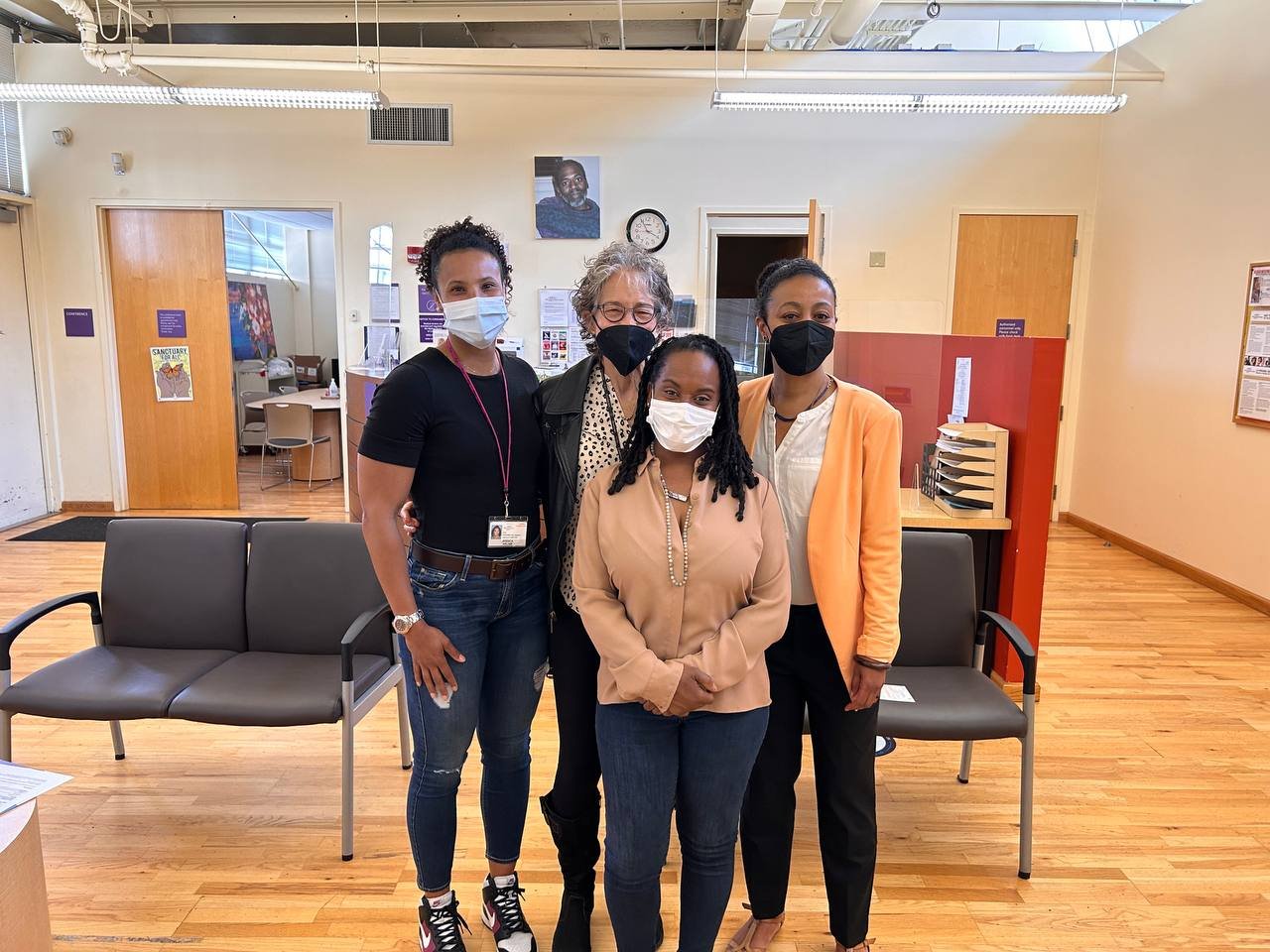May 2023
Dear friends, family and constituents,
As we fight for greater equity in the world we see that both locally and nationally, racial discourse is being co-opted to undermine concern and support for historically-marginalized communities. Co-optation tactics have included, but aren’t limited to, creating antagonism and division between communities. Others use the language of “reverse discrimination” to prevent support from reaching these communities. My legislative policies that specifically address the disadvantaged conditions of Oakland’s Black community; nationally the very same rhetoric gets used when attacking policies such as affirmative action.
The stoking of racial division and the appeal to reverse discrimination are not new, though since the 2020 uprisings they have been somewhat subdued until recently. There’s been a long struggle going back to the 1990s about whether as a country, institutions and individuals ought to be able to take conscious actions to address structural racism. Some believe that any conscious action to address systemic harm could be equated to racial discrimination. And we see efforts to undermine racial solidarity going back to early colonial America, where the very concept and practice of race was intentionally developed and strategically used.
Initially, African, Indian and poor white Europeans all worked as indentured servants with their labor being similar, holding an equally intense hostility towards their masters. The fear of alliances and unity, both in Europe and on the plantations, were very present on the minds of the ruling class. As a result, by the second half of the 17th century, legislation was introduced to limit the use of white indentured servants and to separate them from Africans. Laws were passed depriving Africans of previously granted civic rights, such as citizenship, the right to bear arms, and to make depositions or seek redress in a tribunal. A significant turning point came when slavery was made an hereditary condition, and slave owners were given the right to beat and kill those enslaved. In addition, inter-racial marriages became forbidden and after the American War of Independence, white indentured servitude was eliminated. By the late 18th century, these intentional legislative efforts by the ruling class severely undermined the possibility of solidarity across racial lines and defined racial difference. Being white became not just a badge of social and economic privileges, but also a moral attribute, a means by which social hegemony was naturalized. Being Black became synonymous with being enslaved
So what then is racism? It is much more than the color of one’s skin. It is about the centuries of intentional oppression of specific groups of people in order to create an impoverished class that can be more easily exploited. Unsurprisingly, when we create legislation that targets historically-marginalized communities, it actually uplifts the conditions of all working class and impoverished people, no matter their race, because it addresses the methods through which power exercises its will. This is racism, and before we can live in a post-racial world where a notion of reverse discrimination could be possible, we need to arrive at a post-racist one. We arrive there by building solidarity with and amongst all historically-marginalized communities.
I talked about some of this and much more on my last week’s Thursday Live with Mike Cheng from the Asian Prisoner Support Committee and Tony Douangviseth from Youth Together, You can still hear from reps of these amazing organizations here.
In service and solidarity,
Councilmember Carroll Fife
Items In This Newsletter
May Legislation
Black New Deal Study Moves Forward
Support For State Bill To Set Social Housing Goals For 1.2 Million Units
Tupac Shakur Way
Recognizing and Celebrating Jaivian Thomas of the McClymonds High School
Asian Pacific American Heritage Month - District 3 Honors Mike Cheng
City of Oakland Board And Commission Vacancies For District 3
Rent Registry Now Live
Eviction Moratorium Phase Out
District 3 April Town Hall - Recap
Budget Town Hall - Friday May 19th
Next Community Clean-Up - Saturday May 20th
District 3 Bulky Block Party Clean - June 10th
In The Community - Images From Earth Day, Oakland Tech & Oakland High Championship Celebration, Community Clean-Up At South Prescott Park, and More
Updates
May Legislation
So far this month I’ve brought forward the below pieces of legislation, I will be sharing more in the next few newsletters the history and actions behind the Black New Deal.
Black New Deal study moves forward to research the ongoing effects of public policy decisions of redlining, displacement through eminent domain, and urban renewal on the Black community in Oakland, and to assess ways to redress the harms caused through a “Black New Deal.”
The Black New Deal is a framework that seeks to ameliorate the multitude of harms that have directly impacted generations of West Oakland’s Black residents as well as the entire city at-large. This research, and the data-focused policies it will inform, are centered in the following seven areas: housing, economics, education, arts and culture, environment, public safety and health.
The study will be led by Oakland-bred Dr. Brandi Summers of BluSummers, LLC, an Associate Professor of UC Berkeley’s Department of Geography with support from the renowned consulting firm Mason Tillman Associate, Ltd.
I brought forward a resolution for the City of Oakland to be in support of California State Senate Bill 555 (Wahab), which would set five- and ten-year goals for the creation of 1.2 million units of social housing to meet the needs of lower- and middle-income California residents.
There has also been the the commemorative rename MacArthur Boulevard between Grand and Van Buren Ave where he once lived as “Tupac Shakur Way” MacArthur Boulevard between Grand Avenue reminding us of his contributions to Oakland and our communities through the celebration of art and culture as an awakening tool towards changes in society.
And last, my office brought forward a resolution recognizing and celebrating Jaivian Thomas of the McClymonds High School football, where his contributions to the Warriors has helped the team continue to be a dominating force in high school football. He has been named Cal-Hi Sports North Coast Section Player of the Year, Oakland Athletic League's 2022 MVP, and San Francisco Chronicle’s 2022 All-Metro Player of the Year, all while being an honor roll student. We wish him continued success on the UC Berkeley team!
2. Asian Pacific American Heritage Month - District 3 Honors Mike Cheng
In celebration of May 2023 as Asian American and Pacific Islander (AAPI) Heritage Month, City Council is honoring local AAPI residents whose service and leadership in Oakland contribute to a more vibrant and just city. District 3 is proud to honor Mike Cheng, Deputy Director of the Asian Prisoner Support Committee.
Building bridges between the Asian American and Pacific Islander (AAPI) community and other communities of color is a crucial step towards creating a just and equitable society. Mike recognizes that while each community faces unique challenges, there is also significant overlap in the issues that affect different communities of color.
As a member of the Black August Organizing Committee from 2002-2009, Mike was involved in a wide range of activities aimed at supporting political prisoners, advancing prison reform, and building solidarity with other communities. This included organizing conferences, cultural events, self-defense seminars, and community clean ups.
Mike currently works as Deputy Director for the Asian Prisoner Support Committee (APSC) where he first became involved as a founding member working under the leadership of another one of his mentors, Yuri Kochiyama, in 2002. Over the years Mike has worked on Eddy Zheng’s successful anti-deportation/pardon campaign, managed APSC’s reentry program which has provided support and resources to over 300 Oakland residents returning home from incarceration, and organized community immersion events to help formerly incarcerated people reconnect with the broader community.
He is guiding APSC’s new collaborative partnership with Oakland based organizations Urban Peace Movement and Youth Together. The project is focused on challenging the ways that “Asian Hate” is being misdirected to justify racist policies, such as increased policing and more prisons, while further criminalizing Black & Brown communities and creating further division with the AAPI community.
3. City of Oakland Board And Commission Vacancies For District 3
Are you a District 3 resident interested in advising on local politics and legislative development on issues concerning public safety, policing, privacy, cannabis, infrastructure development, our local budget or child services? Well, there are many seats opening up on several boards and commissions this year!
Citizen boards and commissions play a vital role in promoting efficient, effective, and honest government. These groups oversee and advise elected officials on a wide range of issues that affect the public, and are some of the best ways to participate in our democracy. Most require attending regular meetings and serving a term that can be one or more years depending on the board or commission.
Details and application info one some of the vacancies coming up soon can be found below:
I-BOND/Infrastructure Measure KK Fund - Open Now
Children's Fund Planning Oversight - Open Now
Community Policing Advisory Board - Open May 2023
Cannabis Regulatory Commission - Open August 2023
Public Safety and Services Oversight - Open April 2024
Budget Advisory Commission - Open September 2024
Privacy Advisory Commission - Open March 2025
Police Commission Selection Panel - Open April 2026
4. Rent Registry Now Open
The City of Oakland Rent Adjustment Program (RAP)’s new Rent Registry portal is live! To access the portal, go to www.rentregistry.oaklandca.gov or via RAP’s webpage. If you’re not familiar with rent registries, they are a major step in the right direction for housing justice in Oakland and something I’ve advocated for for years. With minimal cost and hassle, rental registries can add much-needed transparency to the landlord-tenant relationship, keeping landlords accountable and helping renters stay safe and stable in their homes.
RAP is in the process of mailing notices to the owners of approximately 48,000 residential properties, informing them of the requirement to register. The mailer includes a welcome letter that provides a unique parcel number and PIN that an owner/manager can use to access the Rent Registry. Owners will need to either register their units or claim them exempt from the registration requirement by July 3, 2023.
Additional registration information can be found at RAP’s newly updated “Rent Registration in Oakland - Info and FAQs page. RAP is also hosting four “How to Register” workshops May 10, May 24, June 7, and June 21 to assist owners/managers with the registration process. You may also contact registration staff directly at rentregistry@oaklandca.gov.
5. Eviction Moratorium Phase Out
Discussion and legislation on the phase out of Oakland’s eviction moratorium has come to a close, what you need to know:
The current eviction moratorium will remain in place until July 14, 2023, after which it ends.
The rent increase moratorium ends July 1, 2024. The existing rent increase moratorium is a 3% cap with no pass throughs or banking. After July 1, 2024, only the 3% cap will continue.
Planning for the eviction moratorium phase out also resulted in these tenant protections being added permanently to the Just Cause Ordinance:
In order to evict a tenant for breach of lease, the landlord must prove that the breach of lease is based on a term that the tenant accepted in writing.
Tenants cannot be evicted for owing less than 1 month of Housing and Urban Development (HUD) fair market rent.
Conform occupancy limitations to State Law.
For evictions based on non-payment of rent that accrued between March 9, 2020 and July 14, 2023, tenants will have a defense if the rent was unpaid due to financial hardship caused by the COVID-19 pandemic.
6. District 3 Town Hall - Recap
Our April town hall was truly wonderful. Thank you to all the constituents who attended and shared their experiences, appreciation, and suggestions. There were several ideas for legislation and action that have come out of it. Thank you to the city departments (MACRO, the Oakland Fire Department, the Department of Public Works as well as the Department of Transportation) who shared what they are working on, with both the challenges and the new directions they are going. We look forward to seeing you at our next Town Hall!
Events
7. Budget Town Hall - Friday May 19th
It is budget time and my office will be hosting a town hall for all District 3 residents to discuss this proposal as well as what services, priorities and areas of concern affect you daily, and what you want to see reflected in the next budget for the City of Oakland.
We will also be discussing the current proposed budget, that in regards to housing, proposes an integration of Oakland’s housing and homelessness programs through a merger of two departments, something I’ve been calling for together with my colleagues. There is also an historic investment in affordable housing, helping us focus on actually housing our unsheltered neighbors, and the creation of a Department for Children, Youth and Families will put our kids' needs first when early investment is so critical.
Hope to see you there!
8. Next Community Clean-Up - Saturday May 20th
My office’s next community clean-up is scheduled for Saturday May 20th! We’ll meet at Campbell & Grand at 10am, and from there will move up to 20th Street.
We'd love to continue hearing from you about any locations in District 3 that you think could use some love and care. Please email our office at district3@oaklandca.gov with the subject line “Suggestion For Community Clean-Up Location”
In The Community
Big shout out to the Oakland Tech girls and Oakland High boys basketball teams for winning the state titles for their respective divisions! Images above by Nelda Kerr from Oakland In The Middle and Amir Aziz for the Oaklandside.
From Oakland's city-wide Earth Day events.
South Prescott Park community clean-up, organized by the District 3 office.
Did you know UCSF Benioff Children’s Hospital runs an Adolescent Teen Clinic at the McClymond’s High School Campus?
Named after Chappell Hayes, the revered political activist for the West Oakland community, the Chappell Hayes McClymond’s Health Center offers comprehensive care for patients ages 11 to 26. With training and expertise in all aspects of adolescent health – physical, emotional, psychological, and sexual – a team of experts provides the best possible care.
The team at the Chappell Hayes clinic include doctors, nurses, social workers, dieticians, and behavioral health specialists trained to handle the complex needs of today's adolescents. UCSF Benioff Children’s Hospital values its patients as individuals and considers every aspect of their lives as part of addressing their unique physical and mental wellness issues. As they move into adulthood, the Chappell Hayes McClymond’s Health Center provides gender-affirming care, culturally responsive and evidence based care to generate hope, healing and wellbeing.
The Chappell Hayes McClymond’s Health Center also cares for special populations, such as runaways and teens placed outside the home. For more information visit https://www.ucsfbenioffchildrens.org/clinics/adolescent-health-clinic

